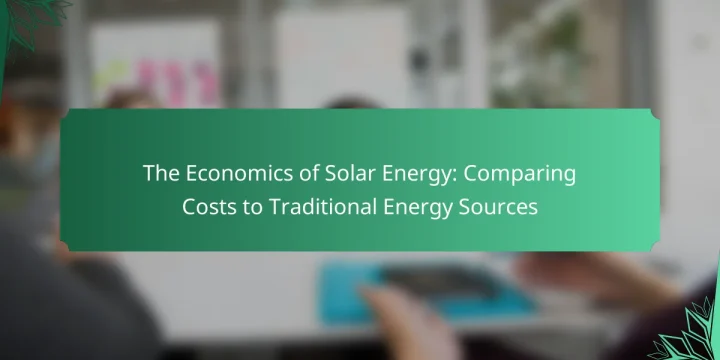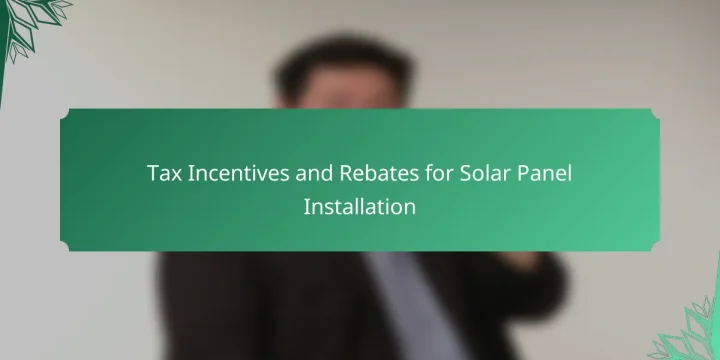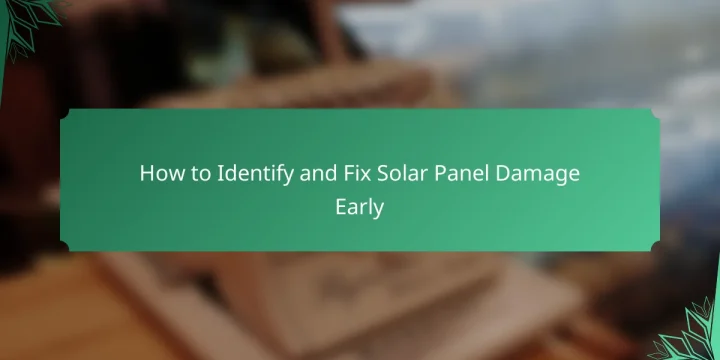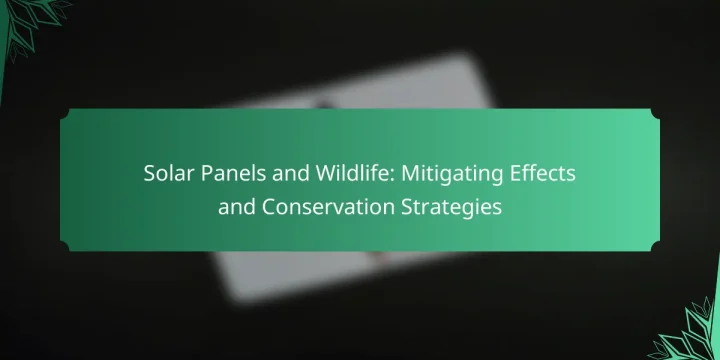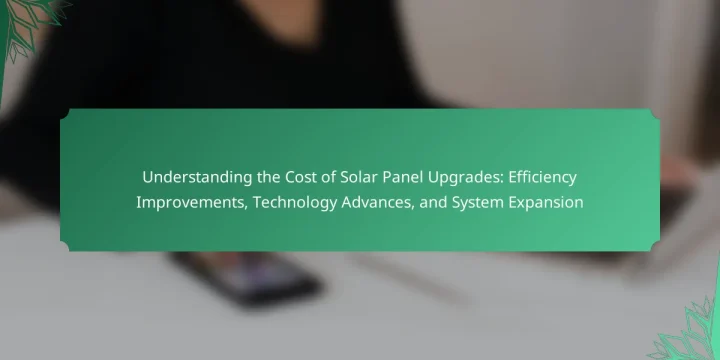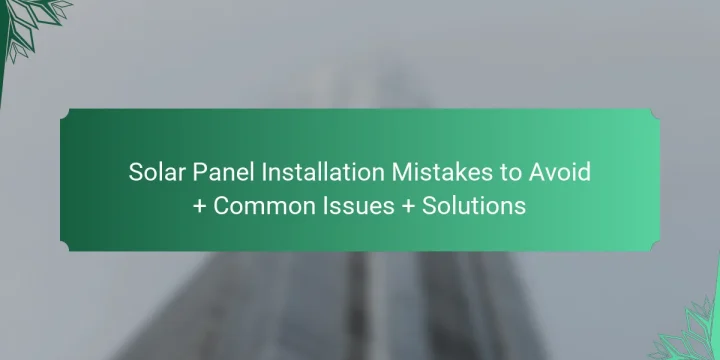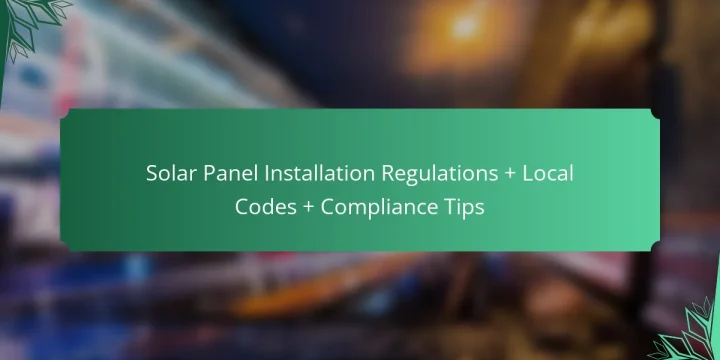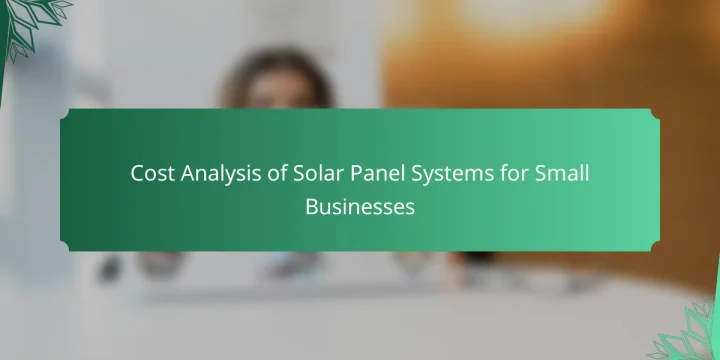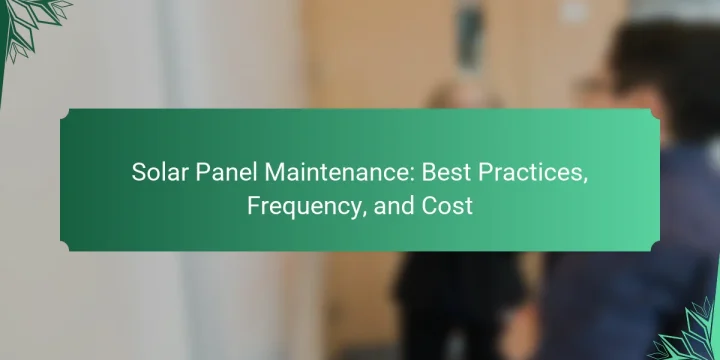
What is Solar Panel Maintenance? Solar panel maintenance refers to the regular care and upkeep of solar panels to ensure optimal performance. This process includes cleaning the panels to remove dirt and debris. It also involves inspecting for any physical damage or wear. Regular maintenance can enhance the efficiency of solar energy production. According to the U.S. Department of Energy, properly maintained solar panels can last 25 years or more. Routine checks can help identify issues early, preventing costly repairs. Overall, effective maintenance is crucial for maximizing the lifespan and effectiveness of solar energy systems. Why is Solar Panel Maintenance important? Solar panel maintenance is important to ensure optimal performance and longevity. Regular maintenance prevents efficiency loss caused by dirt, debris, and shading. Cleaning panels can increase energy output by…
